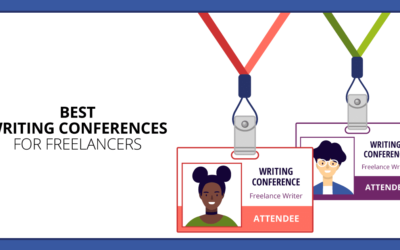
So instead, I grabbed some fast-food fried chicken on the way to her hospital bed. She ate a few bites of orange Jell-O and a few canned peaches — all she could manage, with the tumors pressing on her stomach and lungs.
Linda’s long battle with cancer was coming to an end. In a week, she would be dead.
I’d say she was a dead woman walking…except she couldn’t really walk anymore.
Linda was in a transformative state, almost a place between worlds. Life as she knew and loved it — in which she could drive, play, enjoy the sunshine, and go to synagogue — was over. In that way, she was already dead.
And yet, she was still here. She knew she had few precious moments left. And it gave her a singular perspective on life, looking back on it from its very end.
So we ate. And, inbetween those narcoleptic mini-naps the painkillers made her take, we talked. About life. About love.
About what really matters, and what doesn’t.
Here is what I learned from that last conversation with a great woman and dear friend:
Keep creating.
In college, Linda painted, but unlike many of us, she never let that creative drive die. Throughout her life, she never stopped looking for new creative outlets. She made and sold Judaica, learning new skills and crafts along the way. These artworks survive her now.
As writers, we should always be aware that what we create will live on after us. This makes me think about what my writing will say about me after I’m gone. I need to make my words count.
Be perceptive.
One of the things that first drew me to Linda was her astute observations of the world around her, particularly of people. I found that if I was ever upset or confused about something someone had done, if I told her about it, she could explain exactly why it was happening — what motivated that person to act the way they did.
As a writer, I need to keep my eyes open, and bring my perceptions to my writing. Our individual impressions are what makes our writing unique.
Be giving.
Linda was never known to arrive at an event without something in her hand. She was always looking for ways to be of service to her community.
As a writer, I need to ask myself what I can do to help someone today, and keep sharing what I know about this craft.
Be forgiving.
The small stuff never bothered Linda. She was always willing to give people another chance, or to overlook their shortcomings.
As a blogger, there are people around the blogosphere who I sometimes find annoying. Linda reminds me to cut them some slack, and keep an open mind.
Keep family at the center.
Linda was the single most supportive person of her family members I have ever met. I’m not kidding. After more than 30 years of marriage, when her partner said he’d feel more comfortable living as a woman, she didn’t bat an eye. When John became Jill, she faced the questions and criticism from people she knew. But she never wavered from her truth — that this person was her soulmate. Family was the center of her world, to the end. Outside appearances weren’t what mattered to Linda, but who you were inside.
As a writer, I know how easy it is to push family to the side in favor of getting some writing done. But Linda reminds me to remember what’s really important — the people we have chosen to share our lives.
Keep smiling.
Early on in her life, Linda mastered the art of keeping a smile on her face no matter what was happening in her own life. Smiling makes everyone around you feel better, and it can make you feel better, too.
I tend to get down or angry and take that mood out on others. I’ve been known to hold a grudge. As a writer, I need to focus on spreading joy and positivity. Lots of people are popular in the blogosphere by being nasty or snarky, but that’s not for me.
Never give up.
Even at the end, when she got the bad news about her blood tests, when the doctor asked if she wanted to go straight into hospice, Linda said no. She wanted the hospital.
Fighting to the end for every moment she could get, she wanted to know if there was one more surgery, one more test, one procedure, one experimental medication that could be tried that might grant her more time. Even though at this point, staying alive meant enduring physical agony.
I’ve had writers ask me if they should throw in the towel, because they feel their writing isn’t getting the acceptance they wanted.
The time when you won’t be able to write any more will come, all too soon.
As long as you can, keep going. As long as you feel that spark, that passion, that drive to create inside, keep writing.
Don’t let anyone tell you you shouldn’t, or that it’s not good enough.
Let it out. Write it down.
Keep building your body of work. One day, it will be the only body you have.
What have you learned about writing from your friends? Leave a comment and tell us about it.









